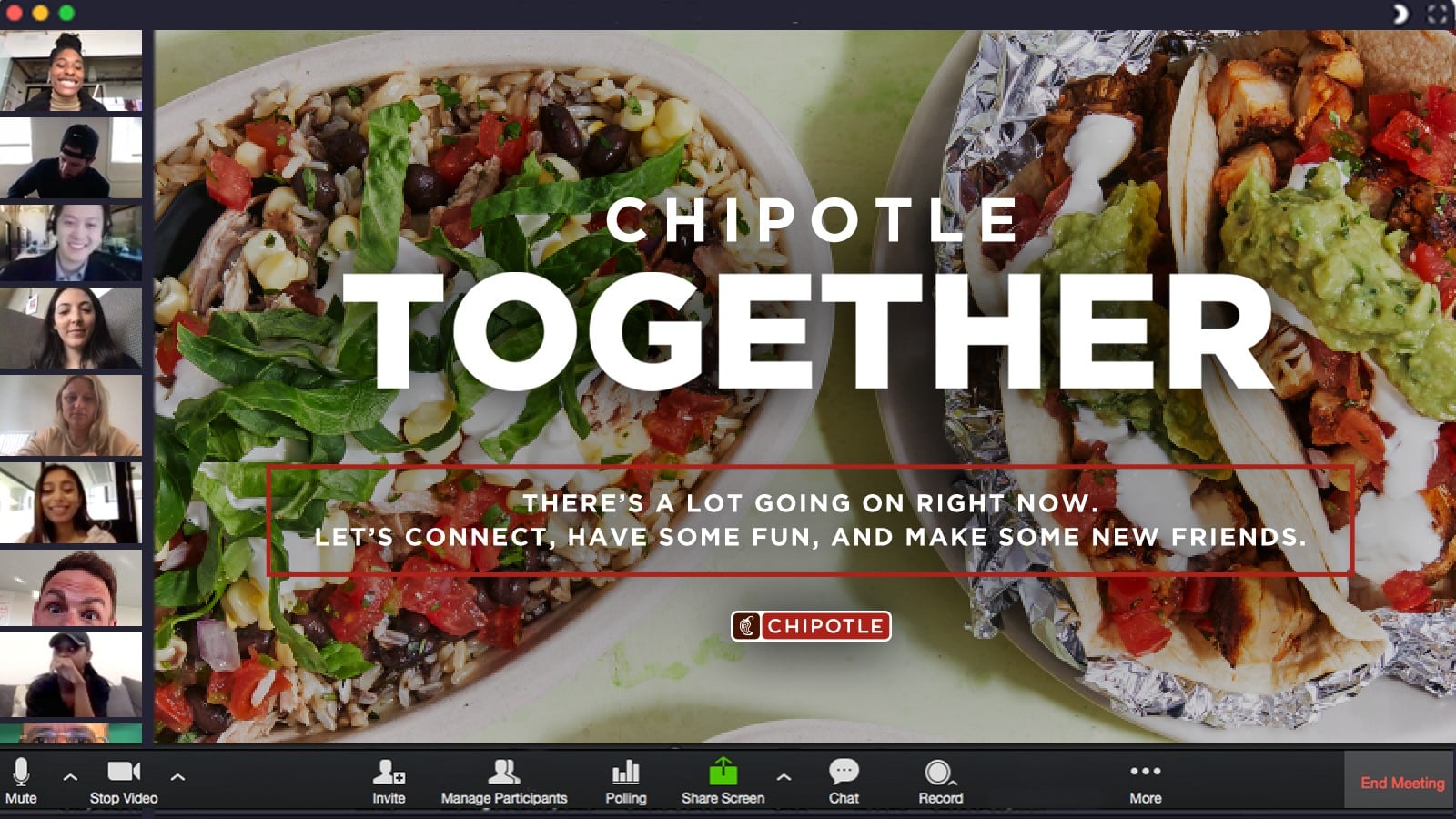As COVID-19 came gradually and then all at once into the collective American consciousness, California fast-casual Everytable’s response plan largely followed the same trajectory.
CEO Sam Polk started the seven-store, health-forward chain in Los Angeles in 2013 with a mission in mind: to make nutritious, fresh food affordable and accessible to all. But the advent of the coronavirus pandemic pushed that mission into hyperdrive, spurring Polk and his team to kickstart a set of hunger-fighting initiatives, including a hunger helpline, over a few days.
“It was just over the course of a week that our business went from normal to crisis mode,” Polk says. “I think it was really over the course of this past weekend where we saw a lot of cities around the country and the world start to isolate and quarantine large swaths of the population. That’s when we started to talk about who was most vulnerable in this situation.”
By Monday, the team had mobilized and put together a response strategy with a few different moving parts. While dining in-store is no longer available, each location has become a grab-and-go hotspot. The brand is encouraging customers to order their salads, healthy hot plates, wraps, and smoothies online and then drive to an Everytable outpost, where curbside employees will deliver the food to guests.
And all restaurants are also still offering their usual Pay It Forward option: Guests looking to help those in need of a meal have the option to tack the cost of another meal onto their grab-and-go or food subscription orders. The free meal is then available to any customer in need.
And, while Everytable has always offered a subscription service, its delivery program is ramped up to service a large sector of self-isolating and quarantining consumers, particularly the elderly and immuno-compromised. Polk says that Los Angeles has a big population of seniors, and of low-income seniors in particular

“There are a lot of people here who don’t have the luxury of being able to order Instacart, Postmates, or DoorDash,” he says. “But there’s a much larger percentage of people who have never even heard of those services and who have also been suddenly cut off from their normal routine.”
The Everytable helpline (323-458-6487) is another installment in the chain’s initial plan to help residents left hungry by the coronavirus quarantines. The line is open to all Los Angelenos, but particularly those who are at-risk for illness or hunger: seniors who need food brought to their homes; those whose health care or senior center food services have been interrupted; school districts unsure of strategies for feeding students; employers looking for ways to ensure team members have access to healthy food; and all individuals struggling with access to food due to coronavirus.
After the helpline went live on Monday and Everytable promoted it on its social media accounts, a wave of response came rolling in.
“The response has been both sort of amazing and sort of terrifying,” Polk says. “We’ve received hundreds and hundreds of calls from people who are scared and who don’t know where they’re going to get food.”
The brand is working to fulfill as many helpline calls as possible. Polk says that several caseworkers have reached out on behalf of at-risk clients, as well as senior center leadership looking for emergency food solutions for their facilities.
Everytable is now coordinating with various city council members to locate food and funding to service the helpline requests. Polk says that the company has received requests from outside of Los Angeles, too, speaking to the need faced across the entire U.S. at this time.
“We’re a small-but-mighty company,” he says. “But we’re not national by any means.”
Everytable’s locations are central to underserved, economically-challenged neighborhoods, making the chain’s new initiatives all the more crucial for their customers. Unlike after a natural disaster, where infrastructure is in the process of being rebuilt and aid is being sent in from unaffected areas, cities affected by the coronavirus are dealing with the sickness largely on their own. Attempting to find ways to deliver food to at-risk populations is a critical part of each city’s response strategy.
Polk says that Everytable plans to continue following its brand mission of accessibility throughout this crisis, working to counteract some of the economic hardship that is sure to ensue in coming months.
“I think over the next three to six months you’re going to see thousands of businesses close around Los Angeles specifically, and who knows how many workers lose their jobs,” he says. “It has always been our mission to make sure folks are well fed, and it’s about continuing that in a crisis. This is a time for us all to become one big, great human family and take care of each other.






